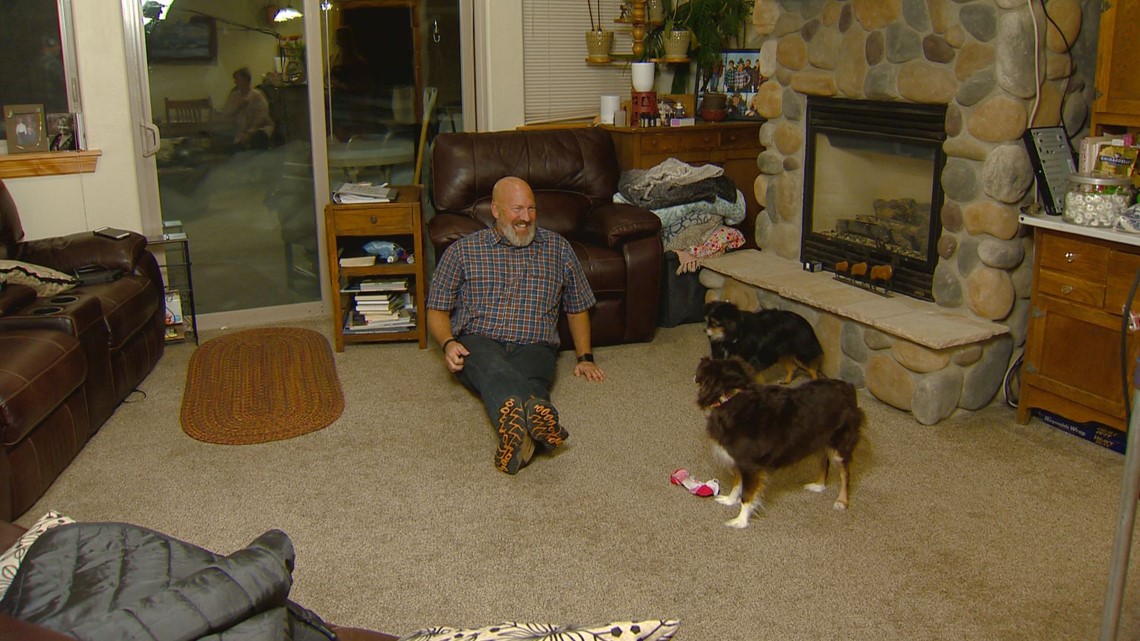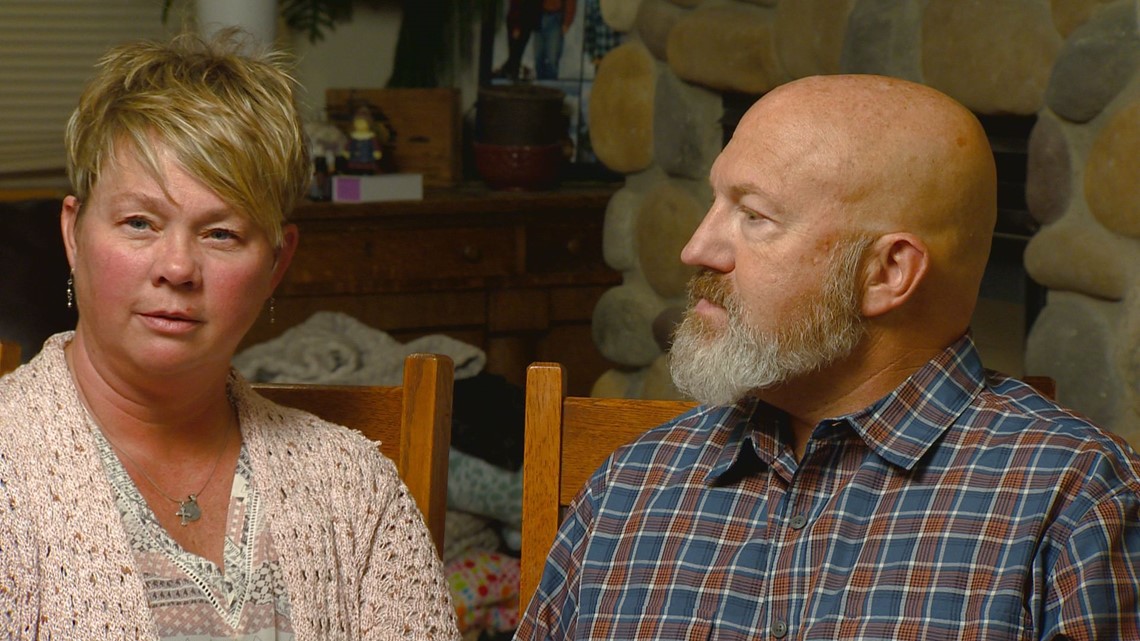PAGOSA SPRINGS, Colo. — Back in 2018, Dan Keuning spoke to 9Wants to Know’s Kevin Vaughan about his role as the Archuleta County Coroner. He later asked to see the interview again.
“It wasn’t until several months later that I realized I was missing simple words in the interview,” Keuning said. “So I asked Kevin to send me a copy of the tape to review it.”
Later, he learned that he suffers from a rare cognitive disease called frontal temporal dementia. This disease is known for behavioral issues ranging from memory loss to impulsivity and a lack of judgment.


“I won a dance competition on a cruise ship and I don’t dance,” Keuning said.
Keuning said he also bankrupted his family and had no memory of doing it.
“Our finances were a complete disaster and I had no idea,” his wife Lisl Keuning said. “He had taken out loans that I didn’t know. He was the perfect subject for those things that you get in the mail that say ‘do you need a loan for $30,000, just sign this check! And he did it."
Dan Keuning has had to publicly announce he had been diagnosed with the disease in his small town, a place where his family is working to navigate a new normal.


"It's frustrating for Dan, he's said so many times, you know if I had cancer, it would be a whole different ballgame," Lisl Keuning said. "People would be lining up, bringing us meals, they'd want to spend time with us. This is very isolating."


Watch the conversation with the Keunings above to learn how they've learned to cope and how they're choosing joy instead of asking why this happened.
What is the disease?
Keuning has been diagnosed with frontal temporal dementia (FTD) with a behavioral variant. According to the University of Pennsylvania, this is the most common presentation of the rare disease.
It’s characterized by cell loss in the frontal and anterior temporal regions of the brain – areas that dictate complex thinking, personality, and behavior.
What are the first signs?
According to the Rare Dementia Support Group, the first symptom of FTD is typically a change in personality or behavior. These might come slowly and not be as clear at first.
Unlike with Alzheimer’s, during the early stages, memory is often fairly well maintained when it comes to psychological testing. Instead, memory loss is more likely to present itself with declines in organization and concentration.
Other symptoms include a loss of empathy, compulsive behaviors, and even changes in eating habits.
FTD’s symptoms typically don’t appear until patients are in their 50s, but they could show up earlier.
How is FTD diagnosed?
A psychologist will typically conduct behavioral evaluations, and brain scans could show shrinkage of affected parts of the brain.
With that being said, there is no single test that conclusively diagnoses FTD.
Is there a cure?
At this point, there’s no cure for FTD. According to the University of California, working out, sleep, and limiting alcohol intake helps promote good brain health.
SUGGESTED VIDEOS | Full Episodes of Next with Kyle Clark

